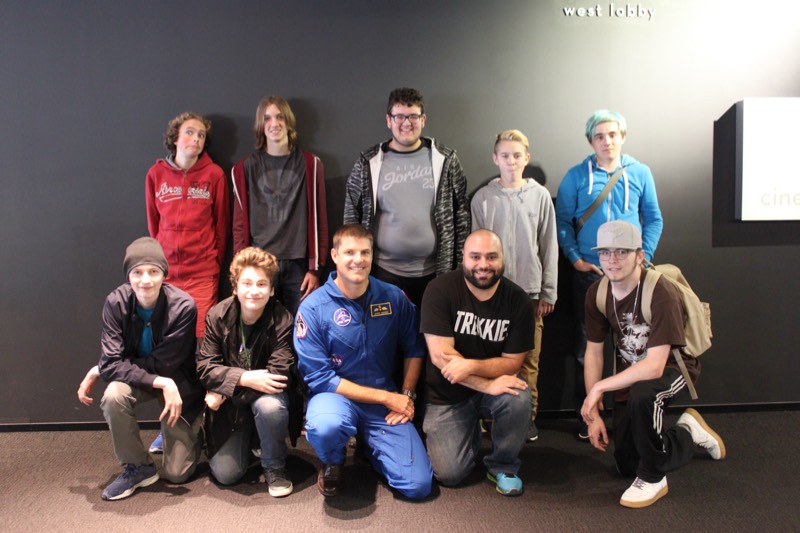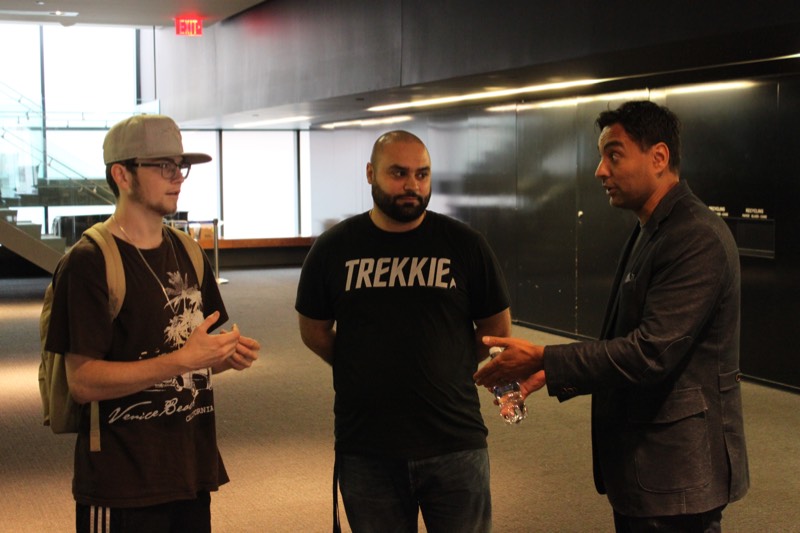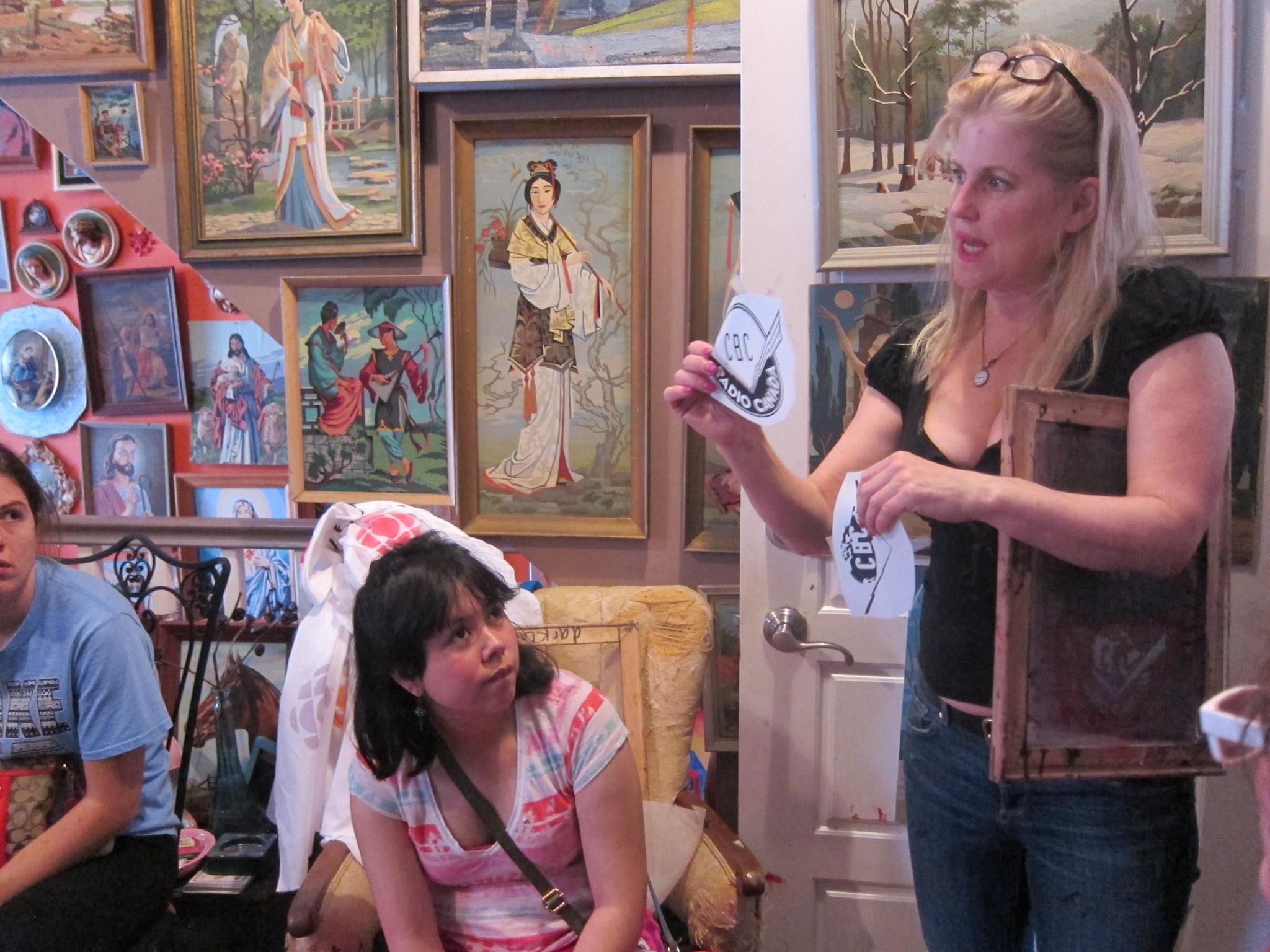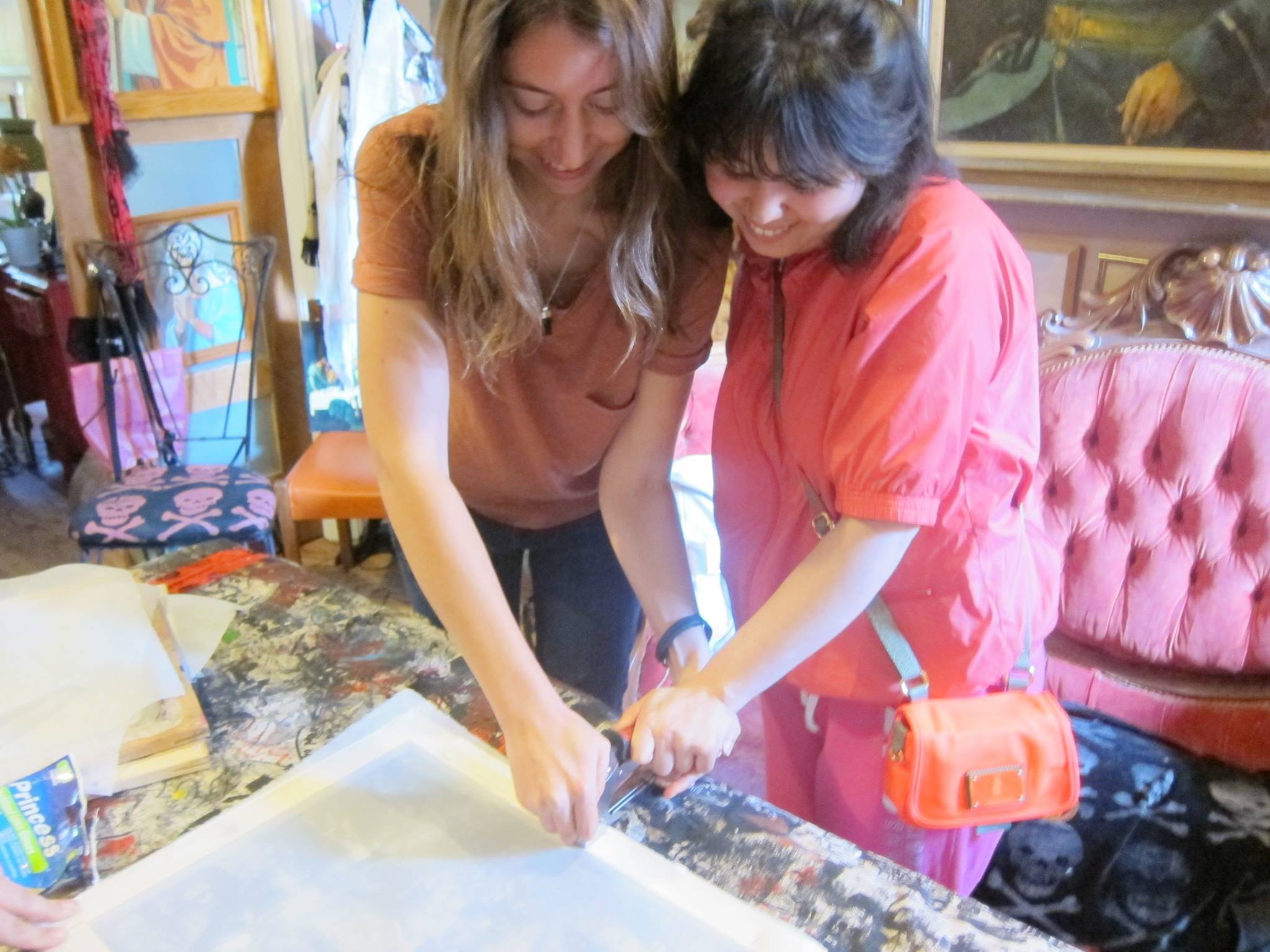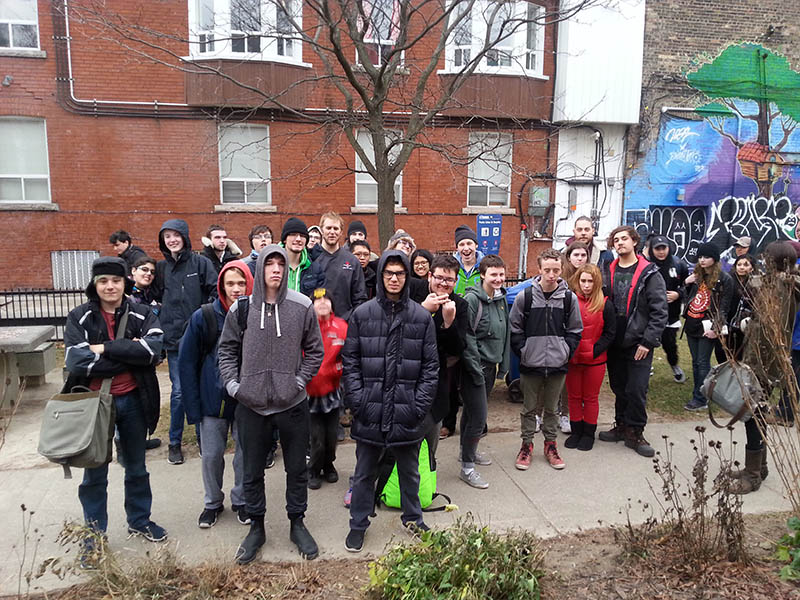
As teachers, many of us believe that documentary films are often excellent resources for exploring, and exposing, the realities of our world, as well as for looking at the different ways this reality can be shaped. And so, more than 30 Academy students headed out on a chilly morning this past Thursday to attend a special screening at the Hot Docs Ted Rogers Cinema of the Australian documentary Chasing Asylum, which exposes Australia’s treatment of asylum seekers, including their indefinite detention in bleak offshore camps.
The film, from Eva Orner, had just won Best Feature Length Documentary at the AACTA Awards (a.k.a. “the Australian Oscars”) only a few hours earlier, and is notable for combining secretly filmed footage from inside the detention centres with more traditional interviews and clips. Viewing it wasn’t exactly an easy or pleasant experience, but was a powerful and revealing one. I believe that many of us left the cinema with great appreciation for the efforts of all those involved in the documentary, some of whom could, under current Australian law, face up to two years in prison for exposing injustice and abuse from a government that claims to respect the rule of law, freedom of speech, and international human rights agreements including the Universal Declaration of Human Rights, the 1951 Refugee Convention, and the Convention on the Rights of the Child.
Around the world, December 10 marks Human Rights Day, and every year around this date, the Docs for Schools program features a rights-themed film that includes a speaker from a collaborating organization as well as a Q & A with the filmmaker. This year, the discussion had to be held via Skype, but Ms. Orner had risen at 3am (in Australia) in order to answer the thoughtful and perceptive questions posed by some of the few hundred youth in attendance, including from a keen young Academy attendee.
This is the second year in a row that a group of Academy students has attended the December event, and students have enjoyed a number of other Docs for School screenings. Coming back from this particular film, students here were full of probing questions, deep concerns, and impassioned pleas for action. On the other hand, most of the seats were empty when Chasing Asylum screened at the Australian Parliament, with only one MP and one senator in the small crowd that turned out despite thousands of invitations being sent out. Most other screenings of the film, including ours, have been fully booked. Hopefully, this is a sign that the next generation of decision-makers will be more willing to at least inform themselves of what is happening to some of the most desperate and vulnerable people of our world.












